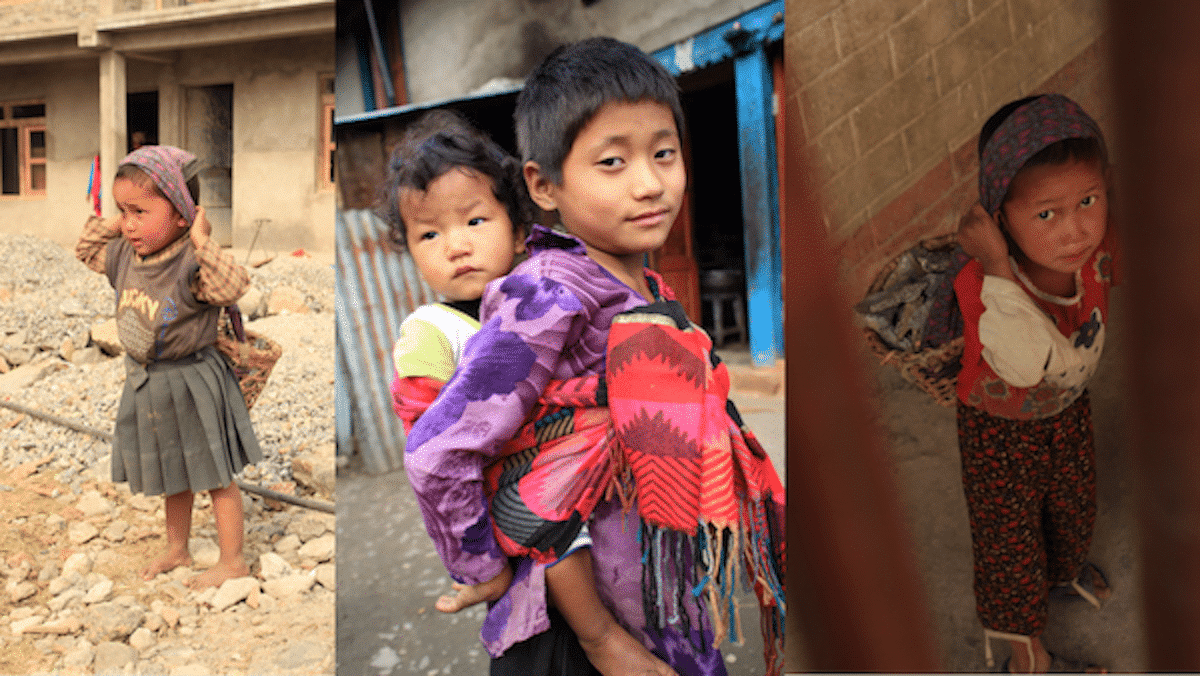There are a number of reasons for it being so but one of them is that girls and women suffer disproportionately more from and because of it than men. (Click here, here, here or here for blog posts about how girls and women in Nepal suffer.)
I am certain that, after the earthquakes of April 25 and May 12, those who are suffering and exploited the most are girls and women from poor families.
For instance, the rate at which they are trafficked now, I am sure, far exceeds that before the quake. And you needn’t be a genius to predict or know or say that.
Who is responsible for that?
Our society and our mentality — correction, Nepalese men’s mentality in general — is to blame.
We have no others but ourselves, us, Nepalese men, to blame mostly for the sufferings of our women AND, therefore, our country’s lack of economic and social progress.
Not unlike in many other countries I have lived and traveled, we subjugate and/or exploit our girls and women; forget about creating an environment — social, cultural, economic and political environment — where they are able to live life to the fullest and where they are able to realize their full potential as a human being!
The sad irony, however, is that supporting and empowering poor girls and women through poverty-alleviation or related programs — more than any other poverty-alleviation program — reduces and helps fight poverty most effectively.
Again and again and again, girls and women have been shown to make considerably MORE significant contribution — directly or indirectly — to the well-being of their families and to the social progress of their communities!
Study after study have shown the following:
- Educating girls in poverty-stricken communities reduces child marriage (a practice prevalent in poor communities everywhere, from Africa to Far East Asia).
- Educated girls and women have smaller family size.
- Educated women have a direct impact on the health of their children, improving their chances of survival.
- Women spend a bigger fraction of their income on their children than men do.
- Educated women have a direct impact on their children’s education — children of educated women do much better in school and are more likely to finish school.
- Educated girls and women in poor communities contribute more significantly to social progress of their communities than their male counterparts.
- Business investment in poor women, more than investing in any other demographics, are considerably more successful, contributing significantly to poverty alleviation.
Recognizing that, we at COMMITTED have been doing what little we can to support education of girls in our project site. We have provided scholarships to a number of girls in Thangpalkot VDC. One of the recent graduates of Raithane School, Prakriti, is currently studying nursing in Kathmandu with partial support from COMMITTED.
Hopefully we’ll be able to expand our program of supporting girls, especially those from marginalized groups, and ultimately effect change in their families and communities, and, who knows, in the country as well!
Hopefully!


